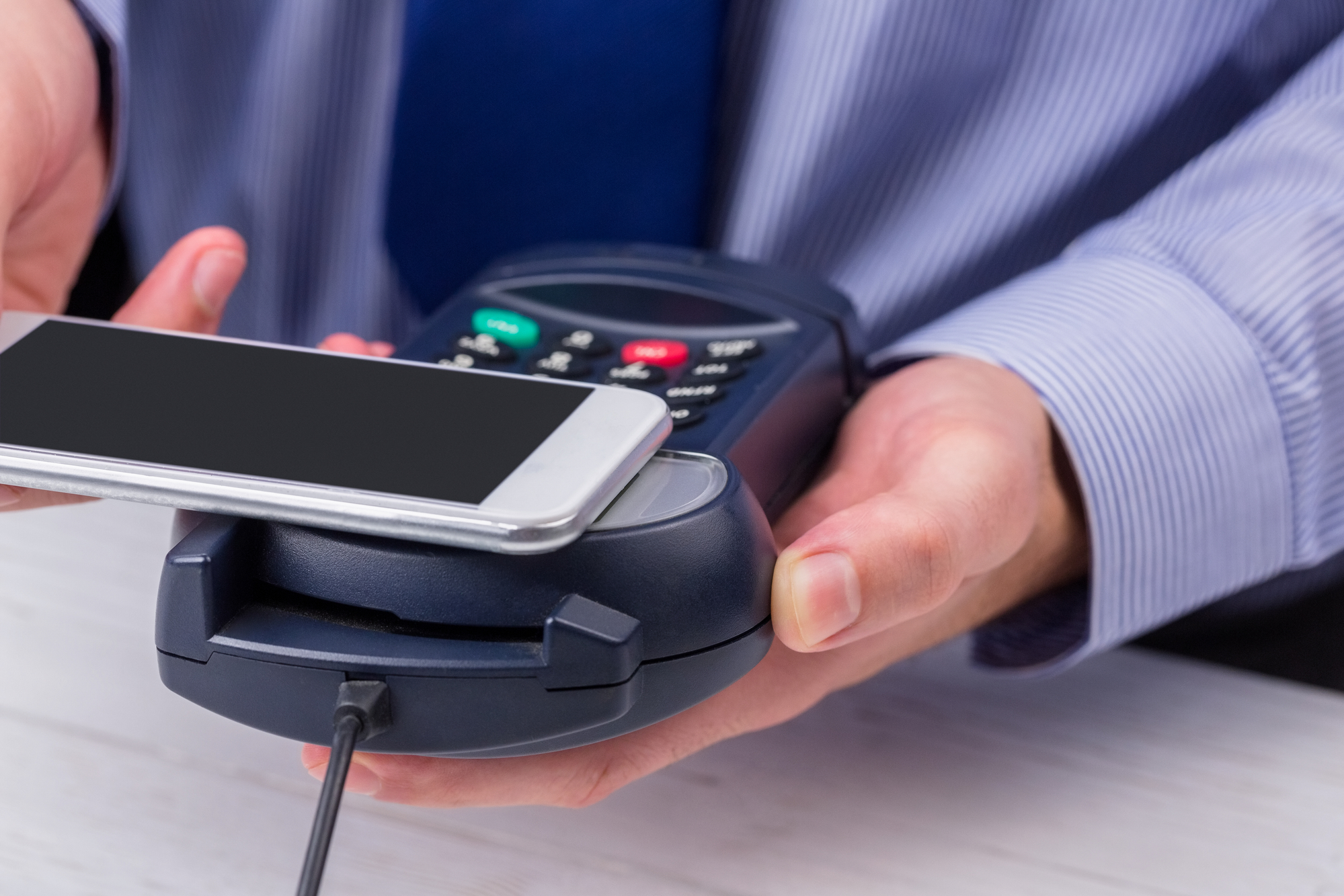A few days ago I was checking out at my local 7-Eleven when some spare change fell on the floor. I wasn’t sure if it was mine or not, so I asked the friendly, older woman behind me if it was her’s. Her reply was, “No, no one uses change any more.”
Her words made me ponder. Is the world progressing towards a cashless society?
What is a cashless society?
A cashless society is where payments and monetary transactions occur in electronic form. This digital movement causes coins and currency notes to become rare, if not obsolete.
The economy today is experiencing many changes. In the past, the exchange of goods and services have moved from barter trade to the currency system. Now the transition to a cashless economy is taking place in different regions of the world. Just like everything else, a cashless society has its advantages and disadvantages. Let’s discuss!
Benefits of a cashless society
Less crime
When dealing with cash, whether massive or small amounts, it is easy for people to steal. This is a constant threat to those in business. Moving to a cashless society would reduce not only theft, but also the number of illegal operations such as bribery, counterfeiting, terrorist financing, and drug trade.
Convenience
One of the primary motivators of going digital is the ease and speed of conducting financial transactions. For example, people won’t need to spend time queuing at ATMs for withdrawals. Purchases in stores will also be very fast because consumers would pay electronically with the swipe of a smartphone.
Cleaner transactions
Employees in various organizations will benefit from a cashless society because all transactions are on record and can be tracked. Therefore, employees are accountable for everything that takes place at individual businesses and firms.
Disadvantages of a cashless society
From another perspective, cash is king, and going cashless might be problematic.
Inequality
In an economy with no physical money, some groups such as the poor, those with no bank accounts, immigrants, seniors and those operating in an informal economy will have a harder time getting by. They might not be able to purchase and own expensive devices like smartphones for making payments or have a way to get paid or receive donations.
Less privacy
Using electronic payments will interfere with privacy. Every transaction will involve you giving your private details to the organizations that handle your data. You will never be 100% certain on how your information might be accessed. These days, hacking has become the new normal. When using cash, you can receive and make payments anonymously.
Overspending
When you use cash, it is challenging for consumers to spend more than they had planned because they feel the “pain” of every note or coin leaving their possession. On the other hand, overspending is possible with electronic payments because you need to swipe, tap, and click, and you do not have to keep track of the money you have spent.
Let us know in the comments if you are for or against a cashless society.
If you are a fan of cashless apps and live in the United States, please check out our post on the cash app. If you are new to the app, please use our code, and send a minimum of $5 within the app so both of us can receive a cool $5!
Video credit: The Economist | YouTube
If you would like to send financial support, please give back to Virgo Philosophy here. Or send money to our Cash App: $MIHMedia. No amount is too little. We are thankful for every dollar.

